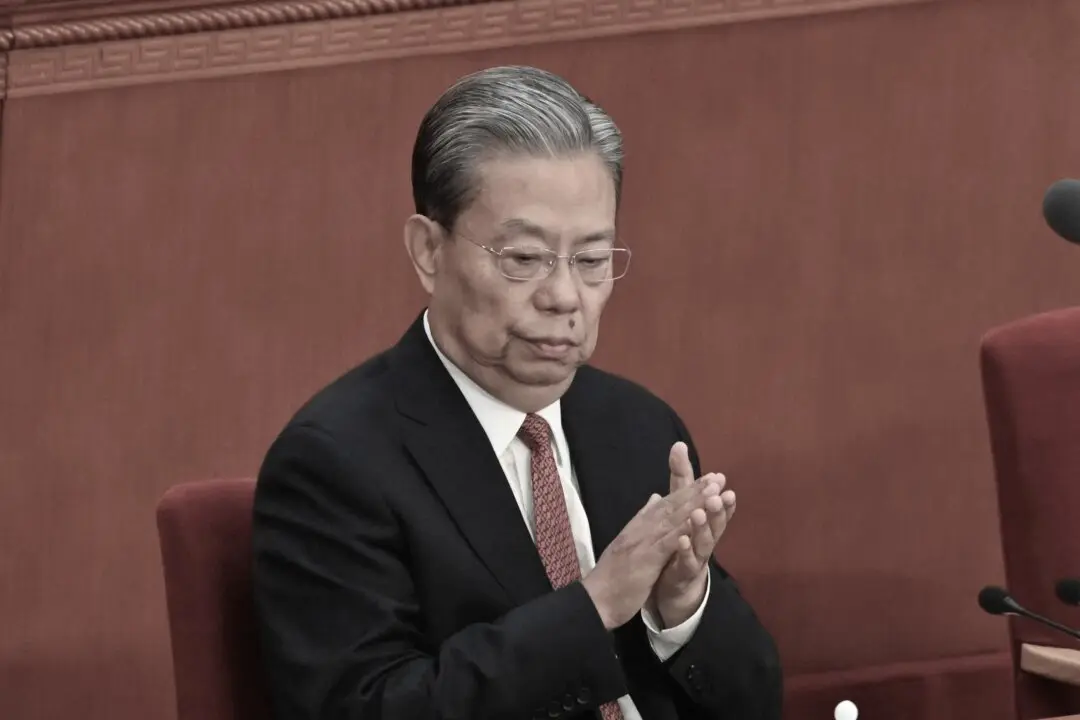The Chinese Communist Party’s (CCP) third-highest ranking member of its politburo, Zhao Leji’s, visit to Australia comes amid ongoing concern with serious human rights violations and mass organ trafficking by the regime.
Zhao sits only below CCP leader Xi Jinping, and Premier Li Qiang, in the party hierarchy and is current chairman of the Standing Committee of the National People’s Congress.
Zhao has been accused of being extensively involved in persecuting Falun Gong practitioners while serving as head of the Central Commission for Discipline Inspection.
Meanwhile, Bridgett said the CCP has committed “some of the most heinous and egregious crimes, including abominable violations of fundamental human rights—including the right to life” by detaining ethnic minority groups.
This includes Uyghurs and Falun Gong practitioners, “who have been forcibly detained in internment camps for their cultural, religious and spiritual beliefs.
“In 2021 the China Tribunal concluded beyond a reasonable doubt that in China, forced organ harvesting from prisoners of conscience has been practiced for a substantial period of time, involving a [large] number of victims,” Bridgett said, noting that Falun Gong have been “probably the main source of organ supply, turning China into one of the leading organ transplant industries in the world.”
Bridgett’s concerns were echoed by another human rights lawyer, and Nobel Peace Prize nominee, David Matas, when he visited Australia in October.
“China’s transplant system still operates without basic transparency or independent oversight,” he noted.
“Entering partnerships in that environment carries real risk, not only of reputational damage, but of complicity in serious human rights violations” which in turn could lead to legal consequences under international human rights frameworks.
Zhao comes to Australia after a three-day visit to New Zealand, where he met Speaker Gerry Brownlee and Prime Minister Christopher Luxon.
While no special security precautions appeared to be in place in Wellington, in Canberra on Nov. 24, politicians and staff were warned to place their phones and iPads in “airplane mode” during Zhao’s visit to Parliament House and have been advised that Wi-Fi may not be available.
The Hospital is described as “the largest liver transplant centre in China” and the “largest paediatric liver transplant centre internationally.”
Matas, a foremost researcher on Beijing’s mass organ harvesting, has raised concerns about the Hospital’s activities, pointing to links with illegal mass organ harvesting.








